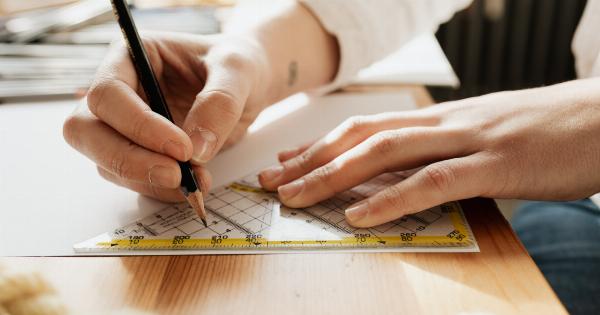Do you ever wonder how many calories your body burns in a day? Whether you’re trying to lose weight, gain muscle, or just maintain your current physique, understanding your daily energy expenditure is key to achieving your fitness goals.
And the best way to do that is by tracking your metabolism.
What is Metabolism?
Metabolism is the process by which your body converts food into energy.
Every time you eat, your body breaks down the food into its component parts and uses the energy released to power your bodily functions, from breathing and digestion to walking, talking, and even thinking.
Your metabolism is influenced by a variety of factors, including your age, sex, body size, and activity level.
Generally speaking, the more muscle mass you have, the higher your metabolism will be, as muscle requires more energy to maintain than fat does. Similarly, if you’re more active, your metabolism will be higher, as you’ll be burning more calories throughout the day.
Why Track Your Metabolism?
If you’re trying to lose weight, tracking your metabolism can be a useful tool for determining how many calories you should be consuming each day in order to create a calorie deficit (i.e. burn more calories than you consume).
By knowing your daily energy expenditure, you can adjust your calorie intake accordingly in order to reach your weight loss goals.
If, on the other hand, you’re trying to gain muscle, tracking your metabolism can help you determine how many calories you need to consume in order to fuel your workouts and build muscle mass.
By eating more calories than you burn, you can create a calorie surplus that will allow your body to build muscle tissue.
And if you’re just looking to maintain your current physique, tracking your metabolism can help you ensure that you’re eating the right number of calories to maintain your weight.
How to Track Your Metabolism
There are several ways to track your metabolism, but one of the most effective is to use a metabolic rate calculator. These calculators estimate your daily energy expenditure based on your age, sex, height, weight, and activity level.
One popular metabolic rate calculator is the Harris-Benedict equation, which was developed in the early 1900s and is still used today.
This equation takes into account your basal metabolic rate (the number of calories your body burns at rest), as well as your activity level, in order to estimate your total daily energy expenditure.
Another method of tracking your metabolism is to use a fitness tracker, such as a Fitbit or a Garmin. These devices use a combination of accelerometers and heart rate monitors to estimate how many calories you burn throughout the day.
Factors That Affect Your Metabolism
As mentioned earlier, your metabolism is influenced by a variety of factors, including your age, sex, body size, and activity level. Here are some other factors that can affect your metabolism:.
Diet
The type and amount of food you eat can affect your metabolism. For example, eating protein can help to increase your metabolism, as your body burns more calories digesting protein than it does digesting carbohydrates or fat.
Sleep
Getting enough sleep is important for maintaining a healthy metabolism. When you don’t get enough sleep, your body produces more cortisol, a hormone that can slow down your metabolism and cause you to gain weight.
Stress
Chronic stress can also have a negative impact on your metabolism. When you’re stressed, your body produces more cortisol, which can cause your metabolism to slow down and lead to weight gain.
Medical Conditions
Certain medical conditions, such as hypothyroidism, can cause your metabolism to slow down. If you feel like your metabolism might be slower than it should be, it’s important to talk to your doctor to rule out any underlying health issues.
Conclusion
Tracking your metabolism is an important tool in achieving your fitness goals. By understanding how many calories your body burns in a day, you can make informed decisions about what, and how much, to eat in order to reach your goals.
Whether you’re trying to lose weight, gain muscle, or just maintain your current physique, tracking your metabolism can help you get there.



























